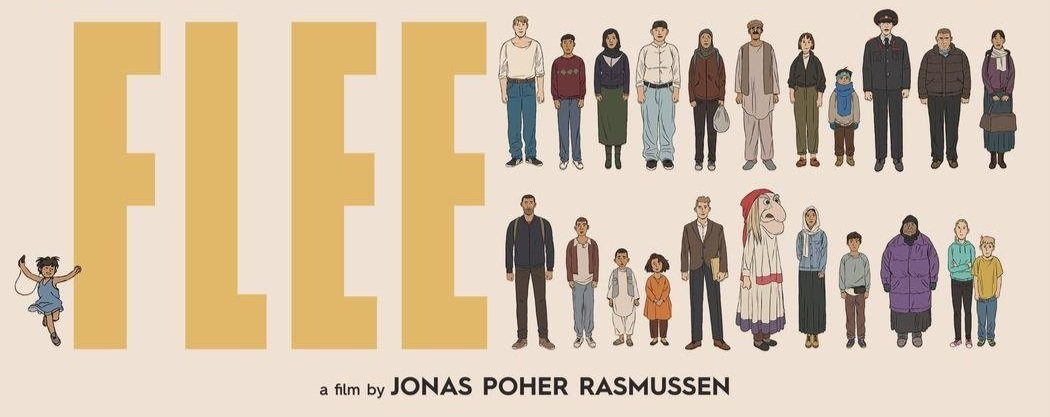This film is needed as public education. If only the main networks could broadcast it at a peak time. It would help dispel some myths about migrants and asylum seekers:
- The human traffickers are the main reason for the human tragedy of forced migration (in fact it is the tyrannical regimes they are escaping from and the failure of our governments to welcome them)
- It is too easy for asylum seekers to get in (actually governments making asylum application incredibly complex).
- The governments in the countries where they arrive treat refugees to nice hotels and look after them well with money, jobs and accommodation (in practice official inquiries often denounce how awful the reception is and highlight the toll in mental health and suicides)
- Once they achieve some sort of asylum status they can relax and enjoy life (refugees often have difficulty finding work they are qualified for and suffer acute mental health issues for many years)
The film tells the story of Amin, an Afghan whose family has to flee the country after the first victory of the Taliban against the Russian backed regime. It shows the harassment they suffer at the hands of corrupt and violent Russian police and the desperate poverty of Moscow after 1989. We see the horrific conditions in the leaky ships and containers that these people are crammed into. Amin sees refugees die in transit and the mental and physical health of his family suffer.

What is interesting in the original form in which the film tells Amin’s story. It is an animated cartoon but it uses the recorded words of Amin spoken by an actor. Every so often we see actual newsreel of Kabul or Denmark or of Amin and his friends. The soundtrack is brilliant too in conveying both hope and terror. Often the animation conveys the brutality much more pungently than the news reel footage. It is just like how artists can sometimes communicate more in their artwork than a straightforward photo. Animation has a rough directness that can be very effective in communicating emotion.
The plot works through an almost therapeutic conversation between Amin and his friend from school Ramussen, who is now a film maker. In the film he opens up about some issues he has not been able to deal with until now. All these stylistic combinations could have been a mess but it works seamlessly. It is up for awards in both the animated and documentary sections of the Oscars!
Flee could have been a worthy film just focussing on the trials and tribulations of the refugees and the callousness of western governments. It does much more than that because Amin reveals a moving personal story. We find out he is gay and that he first began to think so when he was a teenager and had a crush on Jean Claude Van Damme, the all action movie star. Being gay in Afghanistan is very difficult – Amin says that there is not really even a word for it.
The incredible solidarity and sacrifice of family members is very moving. Amin’s brother scraps and skimps doing unskilled work in Sweden in order to get the money together to get the other family members out of Russia. Probably this is the experience of many refugee and migrant families.
Amin’s relationship and impending marriage with a Danish man is also tenderly handled. Amin has to travel with his academic career in order to make good money and support his wider family. His partner finds this difficult. One of the closing scenes is a film segment with the couple exploring the garden of their new home. Finally after all this time Amin can have a sense of home.
While Amin has found a home at last he is still not absolutely secure. The animated form of the film means his identity can be protected. Amin is not his actual name. In order to get refugee status in Denmark he had to lie about the death of all his family. He had to pretend to be a child orphan to make sure he would not be sent back. Flee is not just a film, an entertainment, in its very making it expresses the reality of a refugee’s life.
Art Book Review Books Capitalism China Climate Emergency Conservative Government Conservative Party COVID-19 Creeping Fascism Economics EcoSocialism Elections Europe Event Video Far-Right Fascism Film Film Review France Gaza Global Police State History Imperialism Israel Italy Keir Starmer Labour Party London Long Read Marxism Marxist Theory Migrants NATO Palestine pandemic Protest Russia Solidarity Statement Trade Unionism Trans*Mission Ukraine United States of America War

